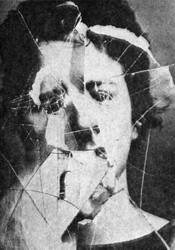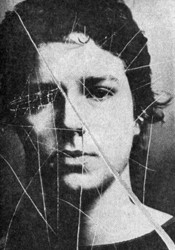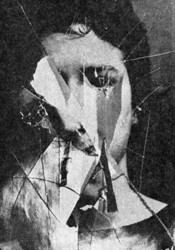Heiner Müller's Cooperation with the "Institution of Art" – An Analysis of His Performance at the Büchnerpreis Award Ceremony
von Jens Pohlmann (2021)
Heiner Müller was one of the very few East German authors who was able to pass through the Iron Curtain and to present his work to West German audiences beginning in the 1970s. He was celebrated and supported in the West as an East German dissident and as the somewhat brutal and mystical playwright of German history, but he was also respected as a fierce critic of capitalist society and as the aesthetic advocate of utopian and revolutionary alternatives to the status quo by the West German (and North American) Left. In light of the latter strand, Müller’s award speech at the Büchnerpreis award ceremony in 1985, “Die Wunde Woyzeck,” has been interpreted as a rebellion against the social norms of the West German “Kulturbetrieb”. With it, he supposedly expressed his disdain for the “petty bourgeois farce” of the ceremony and resisted co-optation by the cultural establishment. Most interpretations of Müller’s treatment of the Büchnerpreis therefore emphasize the independence, rebelliousness, and cleverness with which the author mastered this tricky situation and present him as a triumphant, anti-establishment figure.
In this essay, I take another look at Müller’s performance at the Büchnerpreis award ceremony, at his speech “Die Wunde Woyzeck,” as well as at his public appearances right after he accepted the award.
Download



